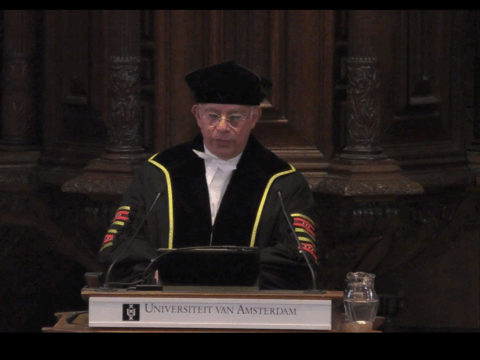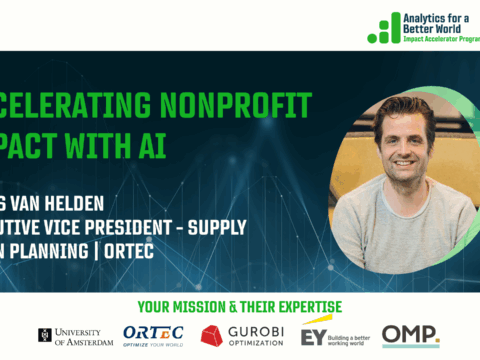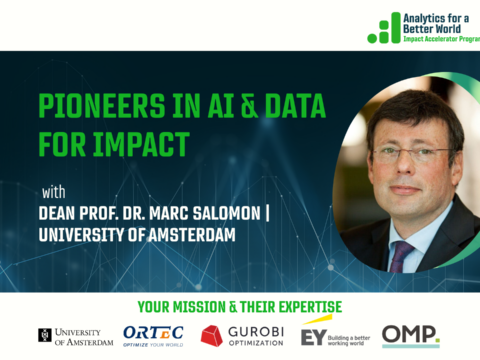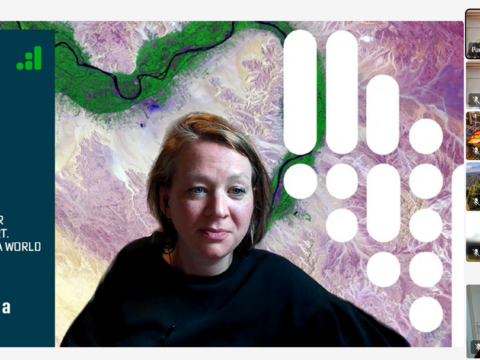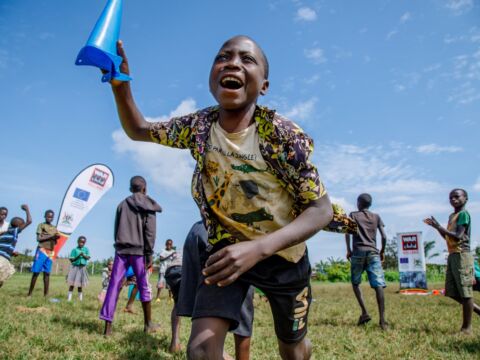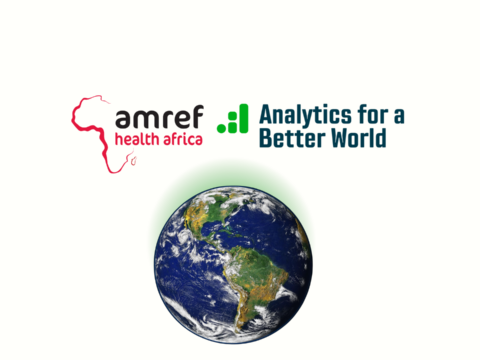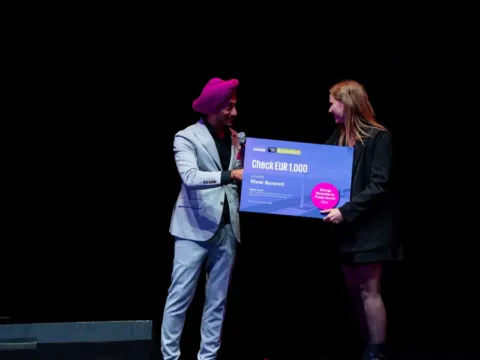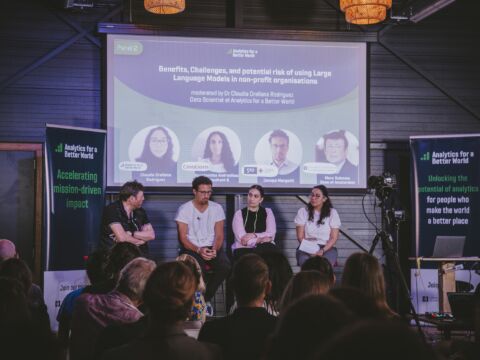Dimitris Bertsimas
See profileMIT
See profileInterviewing Prof. Bertsimas from MIT: Teaching our methods and successes can make a huge difference
Interview with Dimitris Bertsimas, professor in Business Analytics at MIT and (co-)founder of several companies
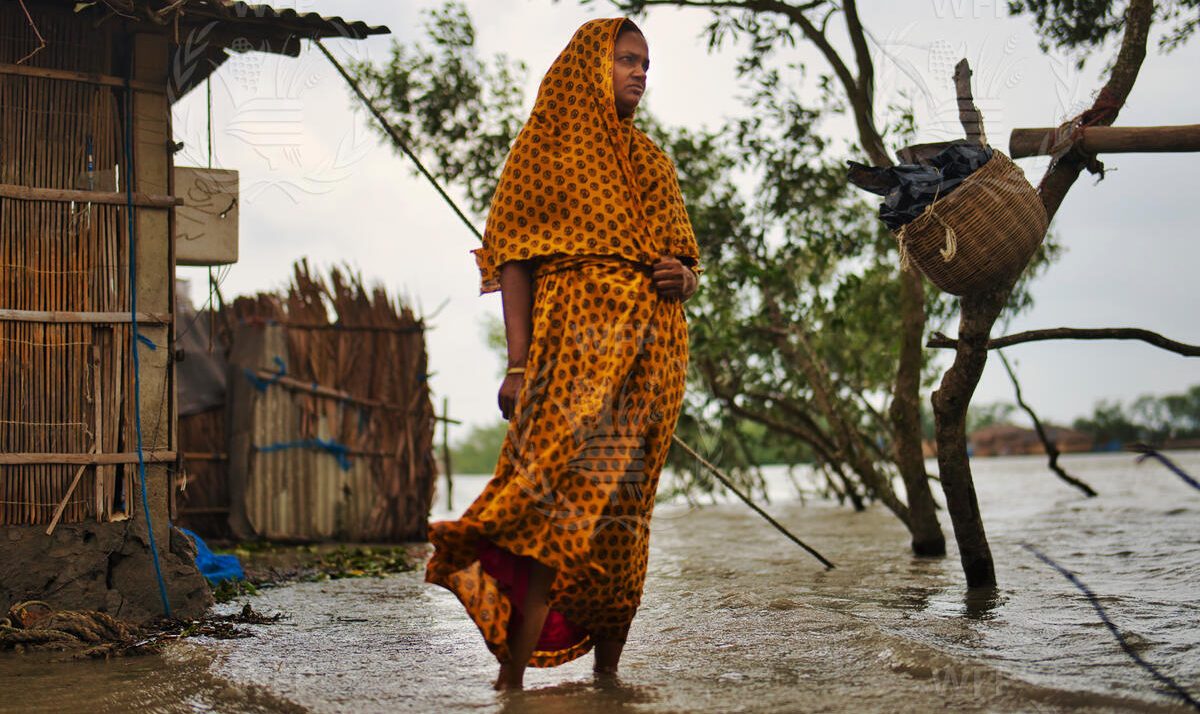
Dimitris Bertsimas, professor in Business Analytics at the Massachusetts Institute of Technology, is one of the founders of Analytics for a Better World and a ‘serial entrepreneur’. “Analytics has had an increasing influence on the commercial sector: from energy and finance to defence and has attracted a lot of talent in the process. The financial incentives drawing people to the non-profit sector are less alluring, which is why there’s a lot of low-hanging fruit to be picked”. And Bertsimas has already helped several non-profits increase their operational efficiency through his various companies. “Fasten your seatbelts. There is a lot of things to do.”
His enthusiasm is palpable, even though we’re only meeting online. Asked after his passions, Dimitris Bertsimas sums them up without hesitation: “Being an advisor to my doctoral students – 81 so far, and 25 students at the moment – education and research, and starting companies, particularly in areas where I can help the world.”
Immediate effect on the world
Back in 2001, Bertsimas took the first opportunity he saw in this respect and started a company in applying analytics. Using claims data, it developed models that predicted costs and quality of healthcare for patients. It is rather typical that his first endeavor took place in the field of medicine, since medicine has remained a passion of his to this day. “In 2007, my father was diagnosed with gastric cancer; I was very involved in his care. Unfortunately, he passed away in March 2009. A few months later, my mother passed away. When you’re the one in the family who’s next in line for death, you start reconsidering your life. I resigned from the financial company I was working for at the time and decided to devote the rest of my career to things that have an immediate effect on the world, preferably on a large number of people.” Analytics for a Better World (ABW) is a direct result of this aspiration. To Bertsimas, it’s clear where analytics can add the most value. “Definitely the environment. In a world dealing with unprecedent climate change, it’s very important to deliver accurate predictions. Personally, I’m involved in a project predicting hurricanes – a big issue in global warming. The damage inflicted by a hurricane nowadays is a big multiple of what it was twenty years ago. We’ve achieved promising results with machine learning methods instead of physical models. If you combine computer vision with the new technologies we have today, you can outperform classical methods. It’s all still very academic, but we’re very close to be applying our models in practice.”
In a world dealing with unprecedented climate change, it’s very important to deliver accurate predictions.
Scalable solutions
Bertsimas believes that we can harness machine learning and analytics to help achieve all SDGs. “Take poverty and hunger, for instance. Using data to develop even simple models can make a material difference between life and death. You can significantly increase the number of people who can avoid hunger and potential death. Analytics are descriptive, predictive, and prescriptive. The descriptive part – understanding what the issues are, having the data – is not usually associated with highly academic work, but it is incredibly useful. What’s even more useful is a scalable solution. If you look at the academic world: they produce papers. They don’t produce software or implementations. And you can only conduct new research with students once. But even if studies turn out to be extremely useful, the major motivation for implementation in all areas of science is profit. How does a study materially affect the world? When the target is an underprivileged environment, implementation is even less common. I have focused on changing this. Whenever I had an idea that was promising in initial implementations and I thought would benefit the world, I started start a company. That’s why I call myself a serial entrepreneur.”
The art of the feasible
The ABW institute is an opportunity to bridge the gap between the outputs of academia and the real world, says Bertsimas. “But it will need to be a sustainable organization of its own. It has to maintain a level of standing to distinguish itself from significant organizations in the world. Attracting talented young people is a challenge we will have to tackle. We teach a course, which we also called ABW, and a lot of students are very excited about the initiative. But then life happens: they buy a house, have a family, and need to pay their bills. The organizations ABW wants to help are typically not well-funded, so there is a compensation gap with the commercial sector. Plus, a lot of humanitarian organizations don’t even have basic data. At ABW, we believe we can help with their ‘datafication’, increasing their data and data quality. NGOs have very good objectives, but they don’t have data expertise. Part of what we do is educate. I recently gave a series of lectures on analytics in healthcare to about 100 senior physicians, senior nurses, and senior administrators in a major hospital system, which has led to a veritable explosion of projects in their hospitals. Did they understand everything I said? No. But they understood the art of the feasible. Educating NGOs and their people on the art of the feasible will go a long way in enhancing ABW’s influence in the world. I recommend teaching our methods, our successes. Education can make a huge difference.”
Attracting talented young people is a challenge we will have to tackle.
Read some of Dimitris’ impact stories below:
In March 2020, we didn’t have lots of data on COVID-19, so we developed a predictive model at MIT to help forecast the effects of COVID interventions like lockdowns and closing schools. “Johnson & Johnson saw our work and invited us to help them with organizing their clinical trials for the vaccine by predicting COVID-19 incidents around the world. Our model guided them to South Africa, Brazil, and Colombia and helped to complete the trial eight weeks ahead of time, saving approximately 2,000 to 3,000 lives in the process.”
For over ten years now, Bertsimas has been working with OCP Group, a Moroccan state-owned phosphate manufacturer. “We have been focusing on personalizing agriculture and food fertilizing, working closely with Ethiopia, Nigeria and other African countries to analyze soil and find the appropriate formula for each type of soil using machine learning techniques.” This has led to supply chain optimizations, an increase in profitability of 2.5 billion in the last five years, and an increase in food security in Africa, since production tripled
Harvard hospital uses multiple types of data and data sources. Bertsimas and his students developed a methodology to combine these data in order to understand the length of stay of their patients (some 800 daily) and to predict mortality and ICU admissions, enabling the hospital can intervene earlier and plan better.
Routing methodologies were developed for buses that transport students in the city of Boston, improving the routing, the time students spend on the bus and their safety, while reducing costs and carbon emissions. Now more than 10 major US cities use our algorithms as part of the company AlphaRoute.
Dimitris Bertsimas is professor in Business Analytics at the Massachusetts Institute of Technology. He graduated from the National Technical University of Athens (Greece) with a degree in Electrical Engineering in 1985, and completed an MS and PhD in Applied Mathematics and Operations Research at MIT in 1987 and 1988 respectively. Since 1988, he has been with the MIT faculty. His research interests include optimization, machine learning and applied probability and their applications in healthcare, finance, operations management, and transportation. He has co-authored more than 250 scientific papers and six graduate level textbooks. He is a member of the US Academy of Engineering and a recipient a several major awards such as the John von Neumann prize and the Lanchester prize of INFORMS. Bertsimas is the (co-)founder of companies like Dynamic Ideas, Alpha Route, Benefits Science, P2 Analytics, Interpretable AI and MyA health.
